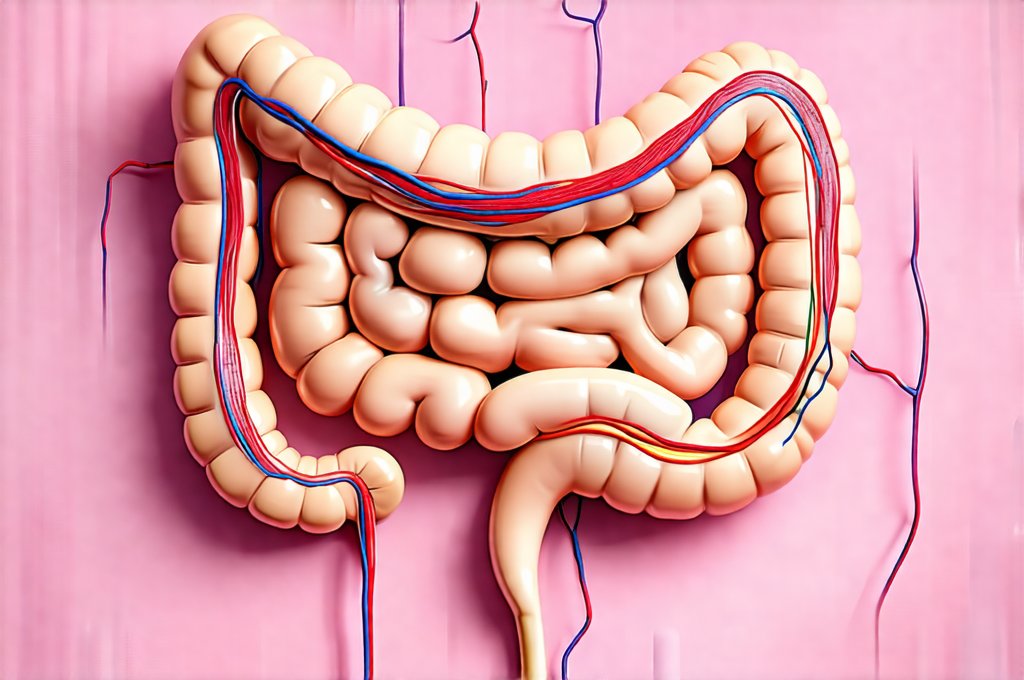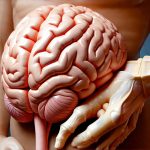The intricate connection between our gut and brain, often referred to as the “gut-brain axis,” is no longer a fringe concept but a rapidly expanding field of scientific inquiry. For decades, we’ve understood that the digestive system does more than just process food; it profoundly influences our mood, cognition, and overall mental well-being. This bidirectional communication pathway involves complex interactions between the nervous system, immune system, endocrine (hormonal) system, and crucially, the trillions of microorganisms residing in our gut – collectively known as the gut microbiome. Recognizing this link is revolutionizing how we approach mental health, shifting the focus beyond traditional therapies to encompass lifestyle interventions that nurture a healthy gut.
Historically, mental health treatments have largely focused on addressing brain chemistry through pharmaceuticals or psychological interventions. While these remain vital components of care, they often don’t address the root causes contributing to imbalances. Many factors – diet, stress, sleep patterns, antibiotic use – can disrupt the delicate ecosystem within our gut, leading to inflammation and impacting neurotransmitter production, ultimately influencing mental state. Understanding this interplay opens up exciting new avenues for preventative measures and complementary therapies aimed at fostering both physical and emotional resilience. It’s about recognizing that a healthy mind often begins with a healthy gut.
Exploring Gut Microbiome Testing
Gut microbiome testing has emerged as one of the most direct tools for understanding the landscape within our digestive system. These tests, typically involving a stool sample analysis, provide insights into the diversity and abundance of different microbial species present in your gut. It’s important to note that these tests aren’t diagnostic tools in the traditional sense; they don’t definitively tell you what’s wrong or right with your mental health. Instead, they offer a snapshot of your gut ecosystem, which can inform targeted interventions and lifestyle adjustments. Different testing companies utilize varying methodologies – some employ 16S rRNA gene sequencing (analyzing bacterial DNA), while others use shotgun metagenomic sequencing (a more comprehensive approach).
The information gleaned from these tests can be surprisingly detailed. You might learn about the levels of beneficial bacteria like Bifidobacteria and Lactobacilli, which are associated with improved digestion, immune function, and even mood regulation. Conversely, you could identify an overgrowth of potentially harmful bacteria or a lack of microbial diversity – indicators that may be linked to inflammation and mental health challenges. Many tests also provide personalized recommendations based on your results, suggesting dietary changes, probiotic strains, or prebiotic-rich foods to help restore balance. It’s crucial to interpret these results with the guidance of a healthcare professional familiar with gut health and its implications for mental well-being.
However, it’s essential to approach microbiome testing with a critical eye. The field is still evolving, and test accuracy and interpretation can vary significantly between companies. Factors like sample collection methods, data analysis techniques, and reference databases used for comparison all influence the reliability of results. Moreover, a single snapshot in time doesn’t necessarily reflect the dynamic nature of the gut microbiome, which fluctuates based on numerous factors. The goal isn’t to obsess over specific numbers but rather to use the information as a starting point for informed lifestyle modifications. Understanding this can also be supported by exploring the gut-brain axis further.
Dietary Assessment Tools and Food Sensitivity Testing
Dietary assessment is arguably one of the most fundamental tools linking gut health and mental well-being, although it often gets overlooked in favor of more technologically advanced options. What we eat directly fuels our gut microbiome – different foods promote the growth of different bacterial species. Keeping a detailed food diary for several days or weeks can reveal patterns, identify potential trigger foods, and highlight areas where your diet may be lacking essential nutrients that support both gut and brain health. Tools like MyFitnessPal or Cronometer can help track macronutrient intake (proteins, carbohydrates, fats) and micronutrient deficiencies.
Beyond simple tracking, food sensitivity testing – often involving IgG antibody tests – attempts to identify foods that might be causing inflammation in the body. It’s important to differentiate between food allergies (mediated by IgE antibodies, resulting in immediate and potentially severe reactions) and food sensitivities (IgG mediated, often with delayed symptoms). While controversial, some individuals find food sensitivity testing helpful in identifying foods that contribute to digestive discomfort or even mental fog. However, the scientific validity of IgG antibody tests is debated, and results should be interpreted cautiously under the guidance of a healthcare professional. Elimination diets, guided by a registered dietitian or nutritionist, can often provide more reliable insights into food sensitivities without relying on potentially inaccurate testing methods.
A core principle in supporting gut health through diet is to prioritize whole, unprocessed foods – fruits, vegetables, lean proteins, and healthy fats. These foods are rich in fiber, which acts as prebiotic fuel for beneficial bacteria in the gut. Limiting processed sugars, refined carbohydrates, and excessive saturated fats can help reduce inflammation and promote a more balanced microbiome. Furthermore, incorporating fermented foods like yogurt, kefir, sauerkraut, and kimchi introduces live probiotics directly into your digestive system, potentially enhancing microbial diversity. Consider integrating midweek dishes to support a healthier diet.
Mindfulness and Stress Management Apps
The gut-brain axis is a two-way street, meaning that stress and emotional state can profoundly impact the gut microbiome just as much as diet does. Chronic stress triggers the release of cortisol, a hormone that can disrupt gut motility, increase intestinal permeability (“leaky gut”), and alter microbial composition. Therefore, tools for managing stress are invaluable in supporting both gut health and mental well-being. Mindfulness apps like Headspace, Calm, and Insight Timer provide guided meditations, breathing exercises, and sleep stories designed to reduce anxiety and promote relaxation.
These apps aren’t specifically focused on gut health, but their impact on the nervous system directly influences digestive function and microbial balance. Regular mindfulness practice can help regulate the hypothalamic-pituitary-adrenal (HPA) axis – the body’s central stress response system – leading to lower cortisol levels and improved gut function. Similarly, techniques like yoga and tai chi combine physical movement with mindful breathing, offering a holistic approach to stress management that benefits both mind and body. Biofeedback devices, which provide real-time feedback on physiological responses (heart rate variability, muscle tension), can also help individuals learn to control their stress response more effectively.
Beyond apps and technology, simple lifestyle adjustments like prioritizing sleep, spending time in nature, and cultivating social connections are essential for managing stress levels and nurturing a healthy gut-brain axis. Stress management isn’t about eliminating stress entirely but rather about developing coping mechanisms that allow you to navigate challenging situations with greater resilience. Building food rituals can also promote a sense of calm and control around mealtimes, further reducing stress. Further understanding the influence of hormonal changes on gut health through exploring menstrual cycle phases can provide more personalized support. Also, consider how gut health influences skin issues. Finally, explore the benefits of thermal recipes for improved gut function and overall well-being.


















